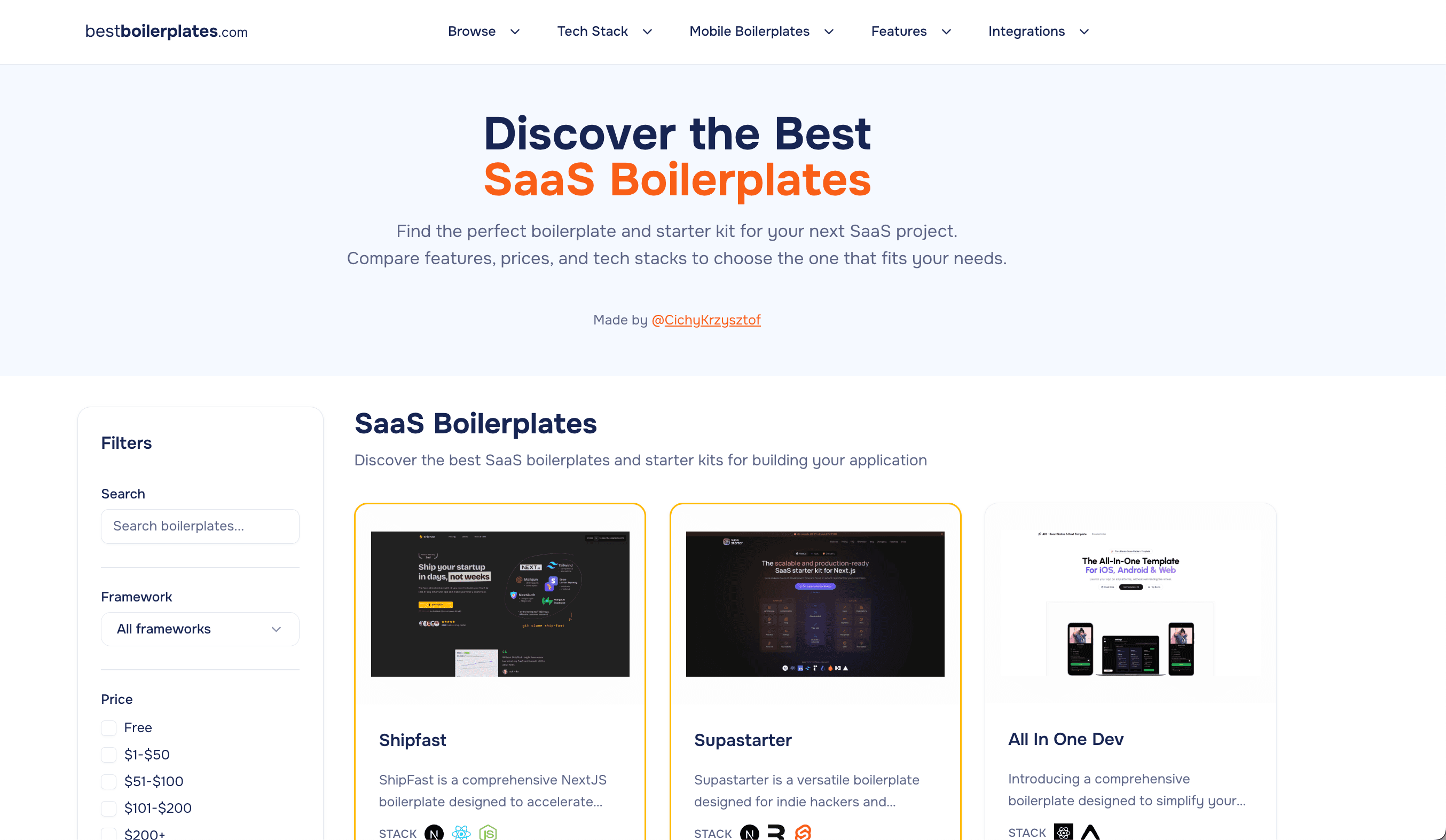Supabase vs. Keycloak
Supabase
Supabase is the open-source alternative to Firebase. Like Firebase, it's a complete app development platform with user authentication, cloud functions, APIs, Postgres database, storage, vector embeddings, and other features. Supabase projects come with PostgreSQL's policy engine for fine-grained user access rules. It has social login integrations with Google, Facebook, GitHub, Azure (Microsoft), Gitlab, Twitter, Discord, and many more. They offer a customizable authentication component for React. Phone login and MFA can be added through third-party SMS providers such as Twilio or Bird. The free tier comes with 50,000 monthly active users. The Pro plan, at $25/month, comes with 100,000 MAUs and $0.00325/MAU beyond that.
Keycloak
Keycloak is an open source identity and access management solution. It supports Keycloak single-sign-on and OpenID Connect or SAML 2.0 Identity Providers (Google, Facebook, GitHub etc).
Reviews
Reviews
| Item | Votes | Upvote |
|---|---|---|
| No pros yet, would you like to add one? | ||
| Item | Votes | Upvote |
|---|---|---|
| No cons yet, would you like to add one? | ||
| Item | Votes | Upvote |
|---|---|---|
| No pros yet, would you like to add one? | ||
| Item | Votes | Upvote |
|---|---|---|
| No cons yet, would you like to add one? | ||
Frequently Asked Questions
Supabase and Keycloak serve slightly different purposes, which could affect your decision based on your needs. Supabase is a comprehensive app development platform that provides not only user authentication but also a Postgres database, storage, and other features. It is particularly strong in social login integrations and offers a customizable authentication component for React. Keycloak, on the other hand, is an open-source identity and access management solution focused on single-sign-on and supports protocols like OpenID Connect and SAML 2.0. If you need an all-in-one development platform, Supabase might be better. However, if your focus is on robust identity and access management, Keycloak could be more suitable.
Supabase offers a free tier with 50,000 monthly active users and a Pro plan at $25/month for 100,000 MAUs, with additional users costing $0.00325 each. Keycloak is open-source and free to use, but you may incur costs related to hosting and maintaining the service yourself. If you are looking for a managed service with predictable costs, Supabase might be the more cost-effective option. If you have the resources to manage your own infrastructure, Keycloak could be more economical in the long run.
Supabase is an open-source alternative to Firebase, offering a complete app development platform that includes user authentication, cloud functions, APIs, a Postgres database, storage, vector embeddings, and other features.
Supabase offers a variety of features such as user authentication, cloud functions, APIs, a Postgres database, storage, and vector embeddings. It also includes PostgreSQL's policy engine for fine-grained user access rules, social login integrations, and a customizable authentication component for React.
Supabase offers social login integrations with Google, Facebook, GitHub, Azure (Microsoft), Gitlab, Twitter, Discord, and many more.
Yes, phone login and multi-factor authentication (MFA) can be added to Supabase through third-party SMS providers such as Twilio or Bird.
Supabase offers a free tier with 50,000 monthly active users (MAUs). The Pro plan is priced at $25 per month and includes 100,000 MAUs, with an additional cost of $0.00325 per MAU beyond that.
Keycloak is an open source identity and access management solution. It supports single-sign-on and integrates with OpenID Connect or SAML 2.0 Identity Providers such as Google, Facebook, and GitHub.
Keycloak offers several features including single-sign-on, identity brokering and social login, user federation, client adapters, and an admin console. It supports standard protocols like OpenID Connect and SAML 2.0.
Currently, there are no user-generated pros and cons for Keycloak. However, some general pros include its open source nature and extensive protocol support. Potential cons may include a steep learning curve for new users.
Organizations that require robust identity and access management solutions can benefit from Keycloak. It is particularly useful for companies needing to implement single-sign-on across multiple applications.




















